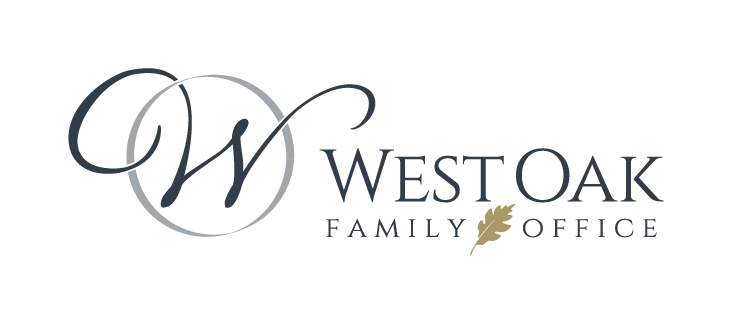High-net worth families should be aware: Ottawa will be looking your way
This shouldn’t be seen as Doom and Gloom – but we’d be remiss not to acknowledge the numbers you’re seeing in the news. It makes for grim reading. However, with planning, strategy, and a team behind you, it won’t be difficult to navigate, and make all the difference for generations to come.
What numbers are we talking about?
From April 2020 to November 2020 alone, Canada’s deficit increased to more than $232 billion. The year before, the deficit was already a then-record $11.75 billion.
In just over a year, it increased almost 20 times over. Talk about grim.
What happened? COVID-19 created a perfect fiscal storm. Spending increased exponentially to help support Canadians to stay home. At the same time, revenues from personal and corporate income tax bottomed out. In effect, the candle burned from both ends, and the result is the largest deficit in the country’s history, even adjusting for era and inflation.
We’re all experiencing life under a pandemic every day, and so this won’t have come as a surprise. But what may surprise some Calgary families is what many analysts say Ottawa may do next.
 Faced with record-breaking deficits, and no realistic prospect of fully re-opening the country or the economy for months and months, the pressure to find more ways to increase federal government revenue is enormous.
Faced with record-breaking deficits, and no realistic prospect of fully re-opening the country or the economy for months and months, the pressure to find more ways to increase federal government revenue is enormous.
Like any government, they’ll look for politically palatable solutions their supporters can get behind.
With that background, it’s not hard to see why many experts, analysts and political observers believe Ottawa may introduce a higher capital gains tax, possible tax on principal residences, and the NDP (whose support will likely be needed to pass a budget) have already raised the idea of a wealth tax during the 2019 election.
Accounting and tax professionals have long been calling for a complete review and potential overhaul of the Canadian tax system; the last thorough review was conducted in 1967 and our economy has changed drastically since then. Furthermore, our governments have the ability to design a tax system that can further encourage investment, entrepreneurship, and saving – all in short supply these days.
Accounting and tax professionals have long been calling for a complete review and potential overhaul of the Canadian tax system
A “wealth tax” can mean many different things, but the purpose is the same: to tax extreme wealth inequality. Wealth taxes are not new; a few countries have some form of one, and even more have abandoned them. However, the federal government seems intent on finding more revenue.
The introduction of a wealth tax is being talked about amongst a few of our political parties in Canada, and we only need to look to Europe to see how this policy has been tried and ultimately failed. In 1990, twelve countries in Europe had a wealth tax. Today, there are only three: Norway, Spain and Switzerland.

We’re not here to talk about whatever political reasons factor into this, but to ensure families aren’t caught off guard.
Every family is unique, and every family has structured their wealth differently. Two families with roughly equal net worth might be affected completely disparately, creating lasting effects on investments, philanthropy, generational planning, business – touching every part of your family’s lives. Even what may seem like a minor tax adjustment can easily mean millions of dollars – especially if you’re not thinking year-to-year, but in terms of generations.
Every family is unique, and every family has structured their wealth differently.
That’s where a Family Office comes in.
A different, more streamlined, and comprehensive model than traditional wealth management firms, a Family Office offers several major advantages from traditional wealth management firms, including independence, dedication, and integration – which will be key in the coming weeks.
 If Canada does make major tax changes as expected, an integrated team approach is crucial. Having a team that understands how to integrate your capital, tax, credit, philanthropy, and family, creates cohesion, and makes your life easier.
If Canada does make major tax changes as expected, an integrated team approach is crucial. Having a team that understands how to integrate your capital, tax, credit, philanthropy, and family, creates cohesion, and makes your life easier.
A Family Office offers an in-house team of professionals with experience and education in everything from investment management, tax, philanthropy, succession, literacy, and more. The best family offices build strong, comprehensive relationships with their families, cognizant of all the different moving parts, and what the second and third order consequences will be for any action. It’s not piecemeal.
A Family Office offers an in-house team of professionals with experience and education in everything from investment management, tax, philanthropy, succession, literacy, and more.
If families with high net worth aren’t prepared for changes that are almost certainly coming, they can’t plan for it. To do that, you need a team behind you – one that is proactive, thinks ahead and works in terms of generations…as opposed to one that frets about what just happened.









